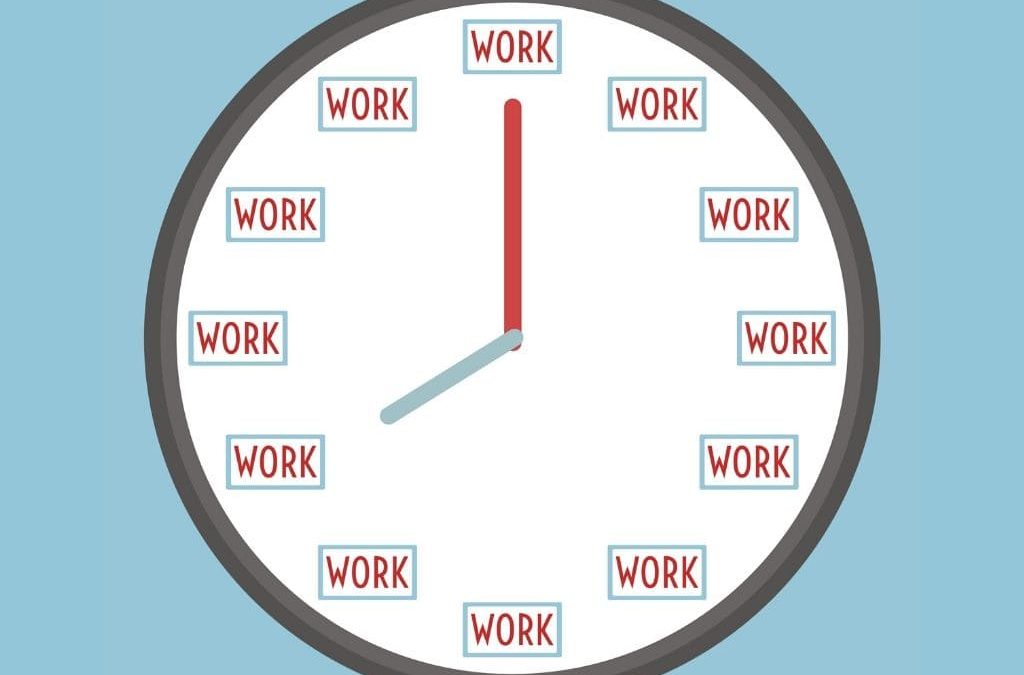Having lots of time to write can be just as damaging to your productivity as having too little – sometimes more so. When you have all the time in the world to write but still struggle, that’s when guilt, self-doubt and procrastination can spiral. The key is to put constraints and limits on your writing time and process.
People tend to have lots of time to dedicate to writing either because they’re at a stage in their lives when they can or, because they’ve reached some kind of crunch point and say to themselves, ‘enough’s enough, I just need to get this flippin’ thing written’ – and so clear the decks to do just that.
If you’ve written easily before but were restricted by a busy job or hectic family life, it’s logical to think that when you lift those restrictions you’ll get more writing done. But it doesn’t always work that way. How you wrote when you had limited time won’t necessarily prepare you for how you will write when you have ample time.
>> Read more: How to make time to write – 4 approaches to finding time in busy schedules
Now of course, blocking out the diary and doubling down on the writing can work well for some ‘deep work’ personalities – I’m not saying don’t do it – but if you are about to take this approach, expect that your existing writing process will need to adapt.
Writers can start off feeling excited by having lots of time to write, but when those yawning, never-ending periods of time begin to intimidate rather than excite, overwhelm and procrastination can take hold.
Whilst it might sound counter-intuitive, re-introducing some of the pressures, limits and constraints that you thought were your enemy when time was short can be your best writing buddies when time is on your side.
Here’s eight ideas you can try:
1. Write less
It’s far better to write a few words successfully every day than try and fail to write thousands of words in overly-long tortuous periods of time. Instead of forcing yourself to sit at your desk, restrict yourself to writing a small amount of words, chapters or scenes and then stop. All those minutes and words will add up – and can increase over time. Also, ending on a high – when you really want to continue and you feel you can – will leave you wanting to get back to the writing the next day.
“How you wrote when you had limited time won’t necessarily prepare you for how you will write when you have ample time.”
2. Write faster
When you have lots of time to write you can get bogged down in endless loops of revision, review and personal recrimination. If you have perfectionist tendencies and tend to pick over your work, use freewriting as a method to move past these sticking points. Freewriting can be used by any type of writer and in a nutshell, involves writing quickly – splurging onto the page – without editing and without judgement. If you feel the urge to stop and pick over your work, mark that point with an asterix that section, move on and come back to it later.
3. Write against the clock
For some, the thought of having long periods of time to write feels liberating. For others, it feels like endless sweaty-palmed torture. One way to add discipline into your day is to use the Pomodoro Method. You set a timer for 25 minutes, write without moving from your desk, have a five-minute break – repeat. The Pomodoro Method works because it feels achievable, because it gives you structure and because it introduces a sense of urgency into your writing process. However, if you need something a little stronger….
>> Read more: Beat distraction: writing productivity tactics to try when you can’t concentrate
4. Take a challenge
Some writers can only write when strict deadlines are imposed on them from outside. Whatever you’re writing there will be an extreme writing challenge like National Novel Writing Month (NaNoWriMo) or Shut Up and Write (for academics) that you can take. If you’re looking for some a little gentler, set yourself a seven-day writing sprint. Taking a sprint is simple. You set a stretch goal, write each day, setting targets for the next day as you go. Sprints are great for moving your project on swiftly and for giving you structure in another wise unstructured day.
5. Get focused
The amount of distractions you encounter as a writer will rise in direct proportion the amount of writing time you have. The problem is that nothing seems very urgent – unlike all that life admin. Make a list of what typically distracts you – internal and external. Then find a space in your day and a place in your life when those distractions can be minimised and managed. If you get distracted by your phone, leave it in another room. If there’s a quiet time in the day – write then. If nowhere works for you at home – find a café to escape to where you can focus.
“Writers can start off feeling excited by having lots of time to write, but when those yawning, never-ending periods of time begin to intimidate rather than excite, overwhelm and procrastination can take hold.”
6. Make it habitual
Writers with lots of time often struggle with a lack of structure – and that can be intimidating. Try to make writing more routine-like by attaching it to something you do every day without much thought. If it’s quiet once the kids have gone to school plan in a writing session then. If you always return from a daily dog walk with a head full of ideas, make that the trigger for a writing session. The more you attach writing to something you do every day, the closer it will become associated and the more habitual it will become.
>> Read more: How to set a writing goal: the ultimate guide
7. Draw your red lines
When you can write at any point in the day or night you can lose perspective and track of time. For your own sanity and for the sanity of those long-suffering people around you need to give yourself some red-line clarity. Ask yourself: when are you going to write and when aren’t you? Compartmentalise your writing sessions by developing a ‘warm up’ ritual before you write (like reviewing your notes from the previous day with a mug of something nice) and a ‘close down’ ritual so you send your brain a signal that enough is enough and the writing day has ended.
8. Notice, plan – act
The worst thing you can do when you have lots of time to write is to keep yourself chained to your desk grinding out the words. If you feel stuck or blocked – this makes writing miserable and means you’ll be less likely to come back the next day. Only you know where you get stuck in the writing process, only you know what you do when you ‘get stuck’, only you know how this feels. It’s only by noticing what these internal and external blockers and by noticing the signs that you’ll be in a position to overcome them.




